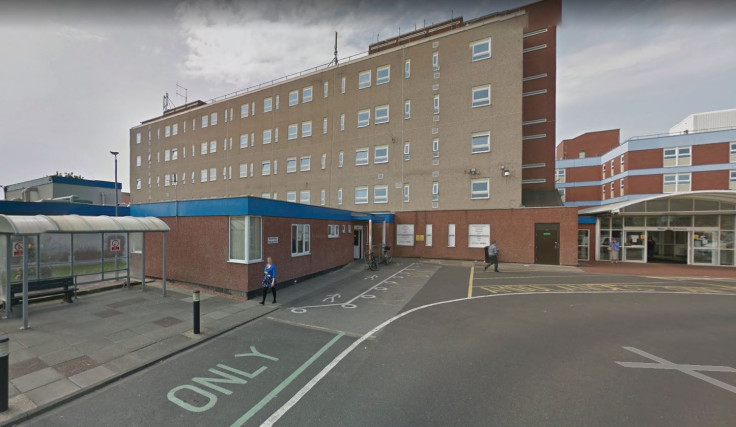NHS could hire doctors straight out of refugee camps to plug chronic shortages
Training one doctor in Britain costs approximately £290,000.

Medics recruited directly from refugee camps could be used to plug chronic shortages in the north east of England, health bosses have suggested.
Professor Jane Metcalf, deputy medical director for the North Tees and Hartlepool NHS Foundation Trust, has told members of the Hartlepool Borough Council's Audit and Governance Committee that resettling doctors currently living in refugee camps may be the only way to address staff shortages.
The Trust is alretady backing a scheme, the Resettlement Programme for Overseas Doctors and Health Care Professionals (REPOD), designed to allow health professionals looking for asylum in Britain to find a way back into practice in the UK.
The programme, which is funded by Health Education North East, was launched in 2016 and has so far worked with refugees who have been in Britain for a while. Over 20 doctors and two pharmacists have already enrolled in the programme, which helps medical professionals pass all the exams required to legally practice in Britain.
However, according to the Hartlepool Mail, Metcalf has suggested plucking doctors directly from refugee camps could be the next step.
"We started this as a humanitarian project," she was quoted as saying.
"We have found that we have people moving to us from all over the country."
Given the cost of running the programme stands at approximately £60,000 per year, compared with the £290,000 needed to train one doctor in Britain, Metfcalf added the financial benefits for the NHS were evident.
The chairman of the council's Audit and Governance Committee, Tory councillor Ray Martin-Wells, said the committee would refer the plan back to the Better Health Programme.
"It will take a lot of looking into," he said.
"But, even if it was just one doctor who is sitting there effectively doing nothing, then we would be doing everyone a big favour."
NHS data for the week ending last Sunday (21 January) showed Britain's health system was in the middle of a major crisis, with 94.8% of beds occupied, well above the safe level of 85% and almost unchanged from 95% recorded at the start of January.
Meanwhile, figures released earlier this month showed only 77.3% of A&E patients met the four hours target, according to which A&E patients must be seen, treated, and admitted or discharged in under four hours, in December.
The performance was the worst since records began.






















